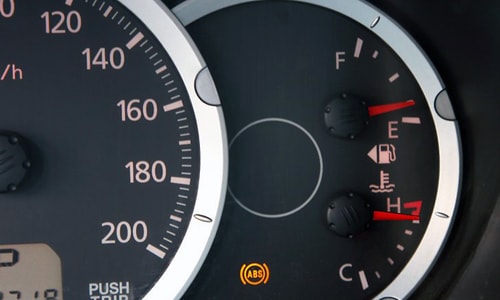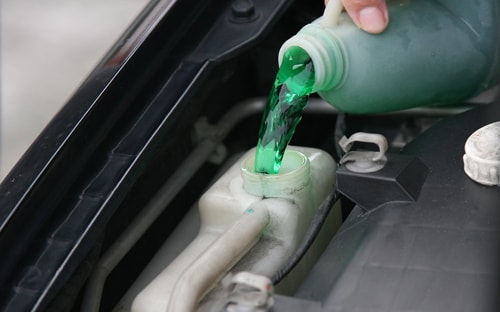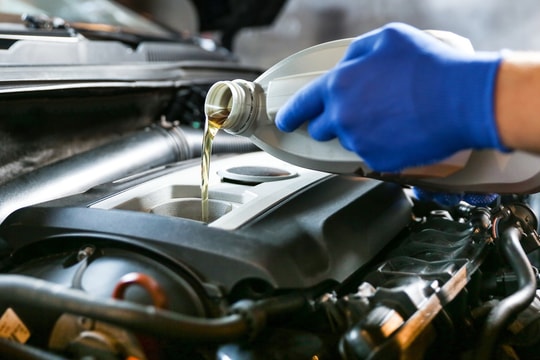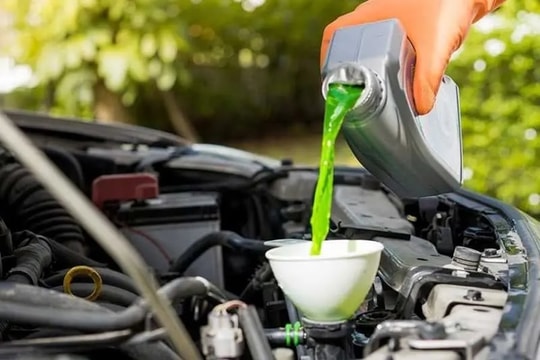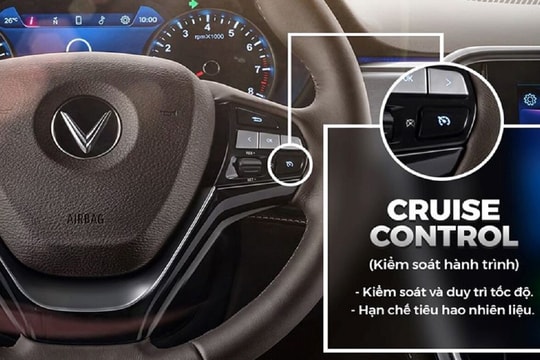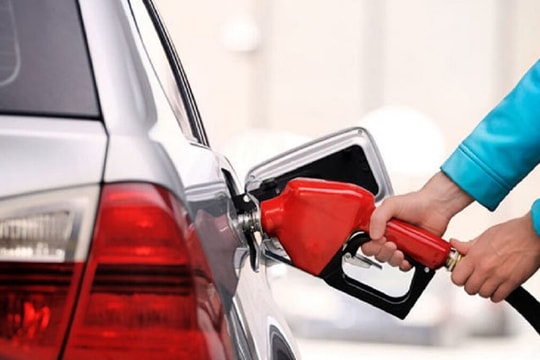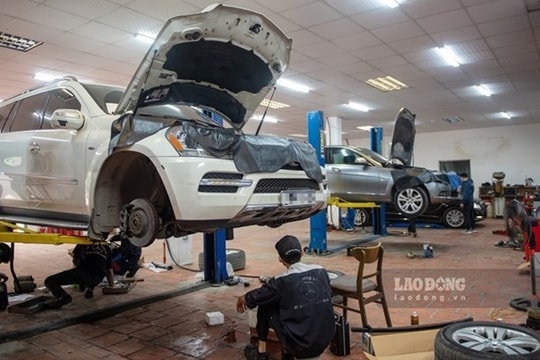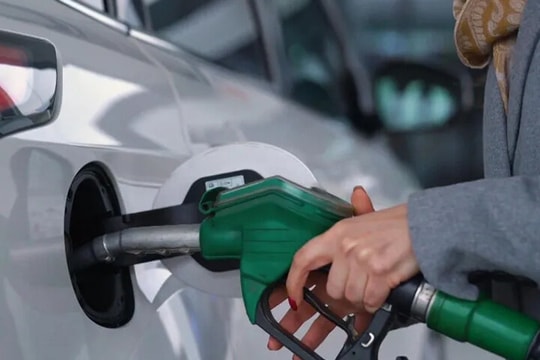Causes of car engine overheating alarm
A leaking cooling system, low engine oil levels, or extreme weather conditions can all cause an engine to overheat.
While driving, if you notice the needle on the engine temperature gauge getting close to the letter H (which stands for "hot"), stop the car and turn it off. You can open the hood and start looking for the cause of your engine not cooling.
Cooling system
|
The small C (Cool) and H (Hot) gauges need to be observed by the driver while driving. |
The most common culprit for an overheating engine is a problem with your car's cooling system. This fluid cools the engine by circulating it throughout the engine as it is being driven. If it leaks somewhere in the system, it can cause some or all of the coolant to be lost, causing the engine to overheat. If you're driving in cold weather, the airflow through the engine bay might give you some extra mileage.
Additionally, you may not see a coolant leak, but the engine may still overheat, due to a blockage in this system. Dirt and debris can partially or completely clog this system.
Faulty components in the cooling system should also be checked. For example, a faulty water pump will not circulate coolant throughout the engine. The radiator is also an important component. A faulty fan is also a common problem. Therefore, it is necessary to check the engine cooling system periodically.
Low engine oil level
Sometimes, engine overheating does not come from the cooling system, but from the engine oil. Engine oil acts as a lubricant, and if it is depleted during operation, friction between the internal parts of the engine will increase, leading to the engine running hotter than normal. This is easily remedied by checking the engine oil regularly, especially with older car engines.
Extreme weather
High outdoor temperatures can also cause your car engine to overheat. Although car manufacturers have calculated for this extreme weather, however, with older cars, aging cooling systems, can also cause your engine to overheat.
|
Periodically check the cooling system to ensure the engine is cooled during use. |
Handling engine overheating
As soon as you see the engine temperature gauge indicating overheating, turn off the air conditioning system, turn on the heater if available to help reduce the temperature in the engine compartment. This step can save your engine before it has problems due to overheating. Immediately after that, you drive to the emergency lane/side of the road in a safe location, turn off the engine and open the hood.
When the engine is hot, never open the radiator cap. With the pressure inside when the radiator is hot, opening the radiator cap will cause you to be burned by the boiling water inside splashing out. And do not think that when the engine is cold, you can move, check the cooling system or best call the service advisor of the car repair shop where you usually service it.

